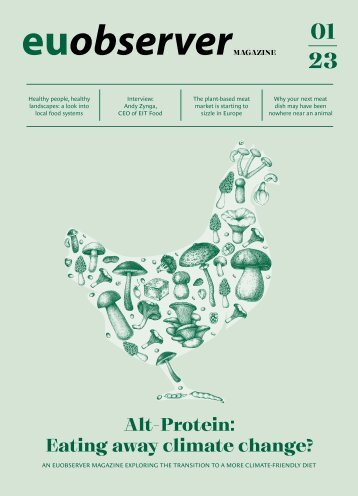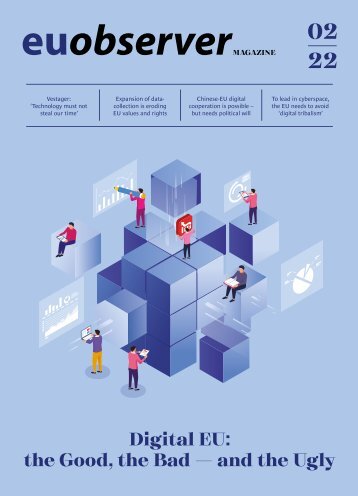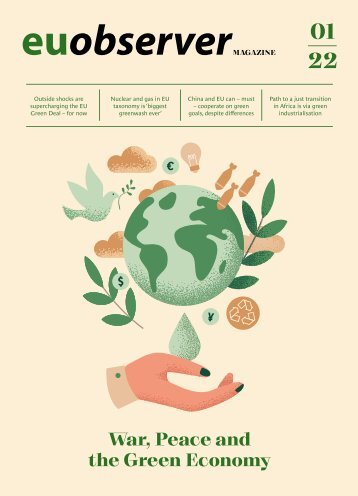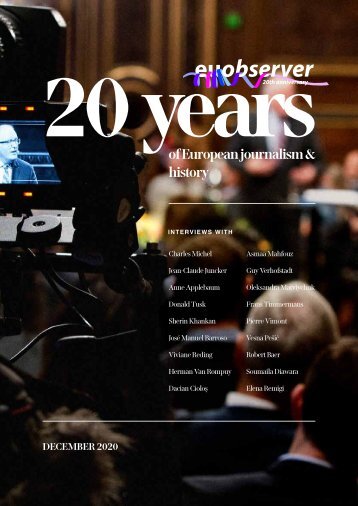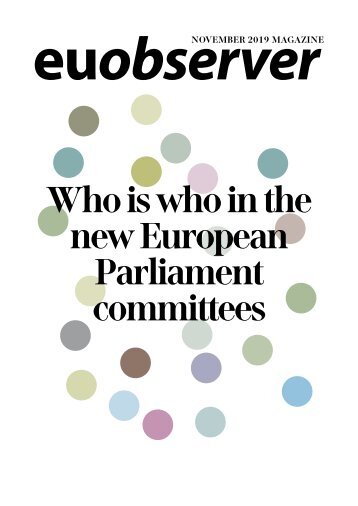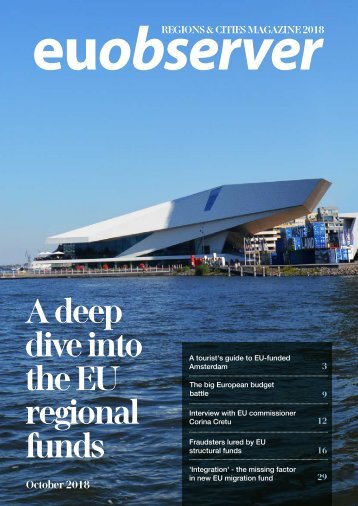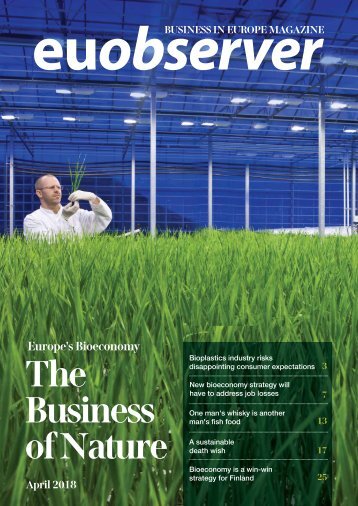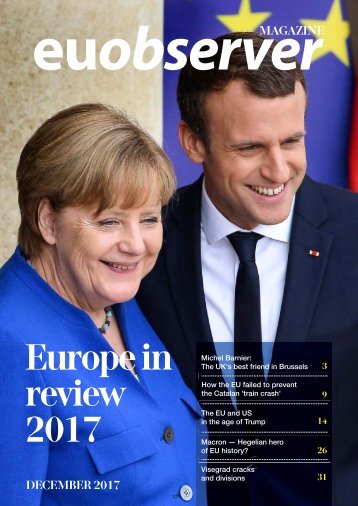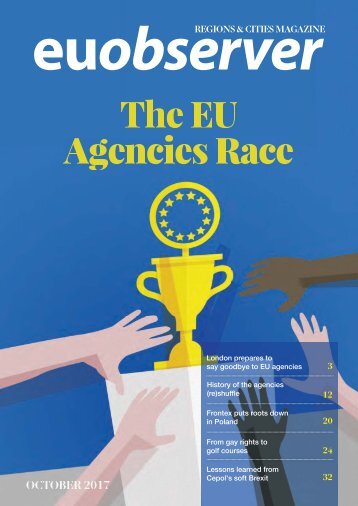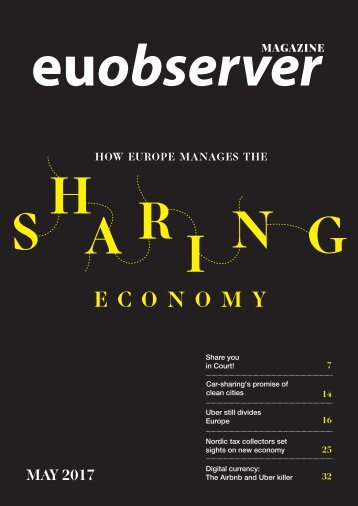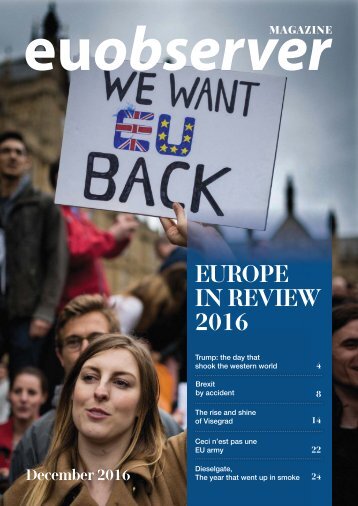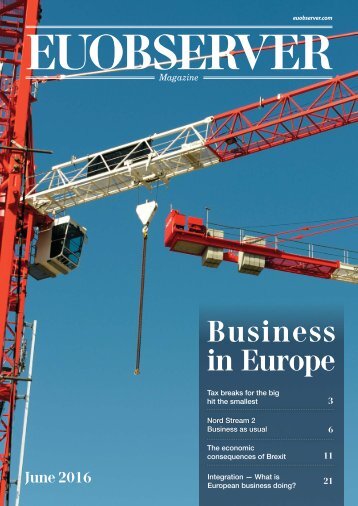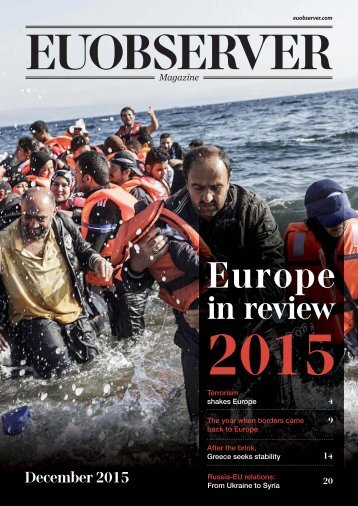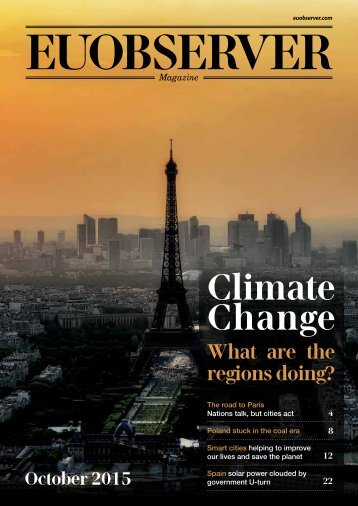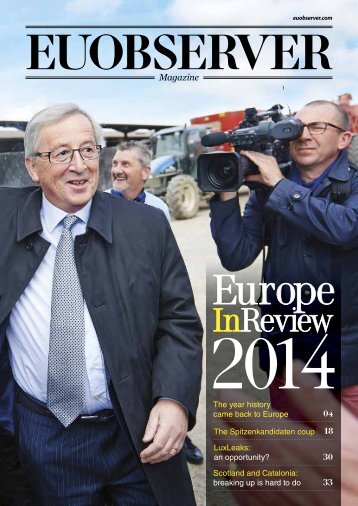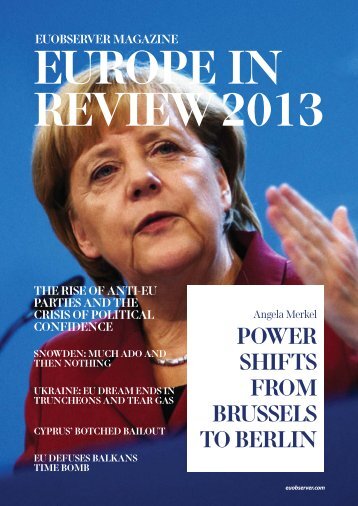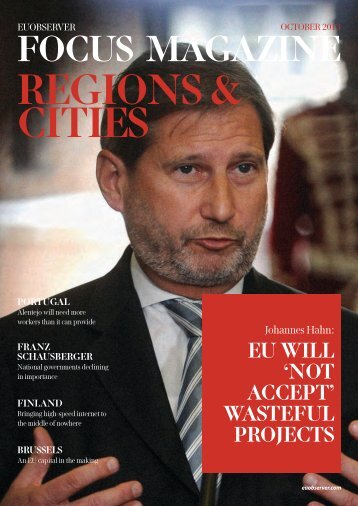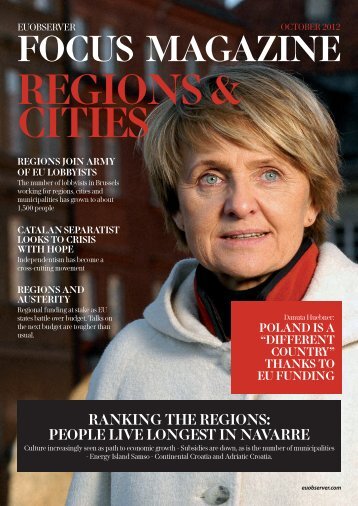Europe's Bioeconomy: The Business of Nature
- Text
- Food
- Nature
- Environment
- Union
- Agriculture
- Forestry
- Science
- Biotech
- Bioeconomy
Russia turned to the
Russia turned to the events surrounding Donbass. It reimposed the pork ban on national security grounds as a reaction exporters, and banks. Its real motive was more likely an economic one. Up to half of Russian pig farms are expected to make a loss this year due to high feed costs, overcapacity, low domestic prices, and poor export opportunities. Another 500,000 tonnes of pork a year in extra capacity is scheduled to come online by 2020. RUSSIAN PORK China has shown little interest in Russian pork due to the ASF risk, and so Russia has turned to Donbass once again - this time as an export destination. The Russia-occupied Ukrainian region, which is home to six million people, has become the principal foreign destination majority of the 21,000 tonnes of pig meat and 50,000 tonnes of pig offal and byproducts that Russia exported last year. Russia used to import almost 500,000 tonnes of pork and other by-products from the EU, accounting for 18 percent of all European exports, before its bans kicked in. There is no sign Putin plans to end his aggression in Donbass in his new term, or that the EU aims to end its economic sanctions when they come up for renewal in July. But if Russia were ever to lift its 'political ban' on EU pork, "there will be a threat to Russian pig production," Yulia Melano, the spokeswoman for Russian veterinary body, Rosselkhoznadzor, said in December. The net cost of Putin's foreign and agricultural policy for EU pork producers amounts to €1.39 billion a year in lost sales, rising by 15 percent a year. That is the sum the European Commission asked the WTO in January for permission to levy as compensation via new tariffs on other Russian imports, such as oil and gas. Russia rejected it, setting the scene for a Photo: Kremlin.ru 30 — BUSINESS IN EUROPE MAGAZINE 2018
WTO arbitration panel in Geneva, but even if the EU wins that, there is no guarantee Russia would take the ruling lying down. When Russia lost an arbitration against Ukraine on natural gas in Stockholm in February, it not only refused to pay the €2 billion award, it also stopped gas supplies to its neighbour. The World Health Organisation (WHO) said in 2015 that processed meat, including many pork products, such as bacon, which is typically treated with chemicals to make it look pink, helped cause bowel cancer. That did little harm to EU pig breeders, mostly in Germany, Spain, France, Poland, and Denmark, who still slaughtered 257 million pigs in 2016, two million more than before the WHO report. But 2.7 million fewer pigs to the abbatoir than in the same period in 2016 - a warning sign for the sector. Some EU states are banking on an end to Russia sanctions, with Ireland, for one, sending its trade minister and 17 businessmen to a trade exhibition, called Agrofarm, in Moscow in February. "Sanctions are not there forever" and there are "huge opportunities here [in Russia] for Irish companies", Irish trade minister Pat Breen said at the time. But Ireland, as well as other EU states, such as Finland, are also looking to reorient lost pork and long term. Breen called the opening up of the Iranian market after decades of sanctions another "huge" opportunity. Finnish pork seller Atria launched its products in Chinese shops last summer and aims the world's biggest pork import market, worth 1.2 million tonnes a year overall. "enormous", but told Chinese news agency Xinhua picky Chinese consumers something that many Russian ones cannot - guaranteed quality. "What we can offer is transparency and traceability. We can follow production from farm to the last step of delivery to China," he said. 31 — BUSINESS IN EUROPE MAGAZINE 2018
- Page 1 and 2: BUSINESS IN EUROPE MAGAZINE Europe'
- Page 3 and 4: Bioplastics industry risks disappoi
- Page 5 and 6: Ready for your new adventure in Bel
- Page 7 and 8: NEW BIOECONOMY STRATEGY WILL HAVE T
- Page 9 and 10: The EU's bioeconomy in figures The
- Page 11 and 12: Jobs in the bioeconomy in 2014 The
- Page 13 and 14: One man's whisky is another man's f
- Page 15 and 16: Photo: IBioIC exp
- Page 17 and 18: A sustainable death wish No one can
- Page 19 and 20: and then shattered into smaller pie
- Page 21 and 22: commission's various directorates-g
- Page 23 and 24: And despite earlier warnings not to
- Page 25 and 26: BIOECONOMY IS A WIN/WIN STRATEGY FO
- Page 27 and 28: GLOBAL SCARCITY OF NATURAL RESOURCE
- Page 29: Photo: The Humane League No end in
Inappropriate
Loading...
Mail this publication
Loading...
Embed
Loading...

